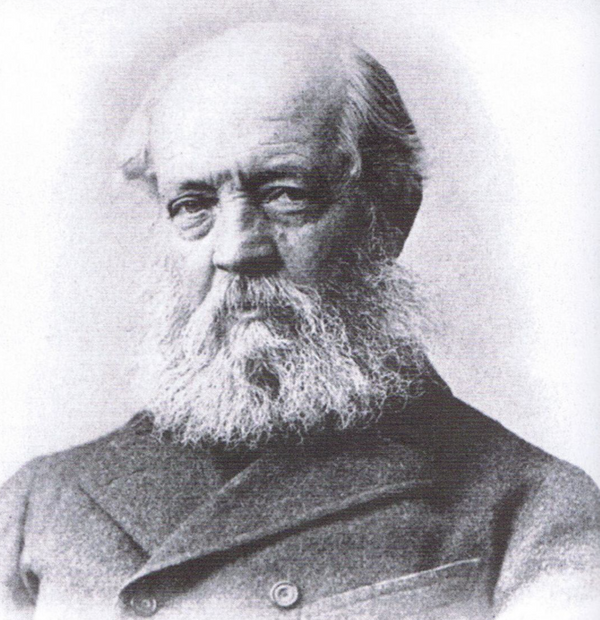In his book, A Journey in the Seaboard Slave States, Frederick Law Olmsted
recounted a train journey that, along with passengers and slaves, was delivering
a load of hay to a plantation at, what he thought, was an exorbitant rate. Many
forage crops could be raised in South, he surmised.
